Are you a new campus minister? Are you a senior director, but starting on a new campus? It is incredibly important that you become an expert on your campus community as soon as possible by asking the right questions. This is by no means an exhaustive list, but here are fifteen questions to help you get started in the right direction:
1. What relationship do campus ministers have with your school?
The relationship between the campus minister and the college/university is different nearly everywhere you look. Some relationships are very informal while others are super defined. Some campuses even provide parking passes, campus ID’s, school emails, or office space. You might be able to utilize the gym, reserve meeting rooms, or buy a meal plan. With this, usually comes a number of required annual training in things like Title IX, The Clery Act, Darkness to Light, or others. Other campuses are very informal, and you are seen as nothing more than a “club sponsor/volunteer” and everything must be done through your student leadership. Make sure you find out and maximize those opportunities.
2. When are classes offered and frequency?
Does your school have a traditional Monday/Wednesday/Friday and Tuesday/Thursday schedule? Or do they offer many once-a-week three-hour courses. Evening classes? Weekend classes? A rotating day 1/day 2 class schedule? Knowing this is extremely important as you think about how you schedule recurring meetings with students for equipping and discipleship. Freshmen are often confused by their schedule and may not know the answer to “when are you free?” But if you are well-versed on the system, they can simply send you their schedule and you can help find the gap that works.
3. What’s the name of each building and area on your campus?
As a campus minister, you should know the campus map backwards and forward. Where are the various departments, dorms, sports facilities, eateries? What are buildings actually called (often abbreviated)? Some campus ministers make the mistake of only knowing the spots they think most pertain to them but being an expert of the layout of your campus can pay dividends when you’re forced into a last-minute location change or planning a meeting with a student.
4. What are the major thoroughfares on your campus?
Related to the previous point, but worth its own mention: where do large groups of students travel between classes? Most campuses have a few major junctures with heavy foot traffic where you should be on a regular basis to provide giveaways, pass out invites, offer prayer, and more. Where are those general education classes offered that every freshman has to take and what route do they usually take to and from it?
5. Where do your students live?
Do most of your students live on campus, off campus, near campus, or at home? Knowing this will really impact when you plan your gatherings. You might need to offer far more lunch studies if most of your students drive 30 minutes home after class and are unlikely to return for evening events.
6. Are athletic programs important?
Which ones? What can be incorporated and what needs to be planned around? This may seem obvious, but it’s super important to plan your retreats and other events around big football games if that is really important on your campus. Also, rather than just planning all events at your ministry center, what about planning to attend other sports together (wrestling, volleyball, rugby, soccer, etc.)?
7. Is there a student center?
Is it used? Are you able to spend time here or use it as an informal office space? Are you able to reserve meeting space or a sports court? Some student centers are the hub of student activity while others are underutilized. If you are serving at a commuter school, you might find many students killing time here between classes since they don’t have dorm rooms.
8. Is there a significant Greek life?
What events do they have planned? If Greek life is big on your campus, you want to know. Not only to help engage this community, but also to know where and when their major events take place so you can plan accordingly. These are students seeking community so earnestly that they are willing to pay for it! Be sure to plan events that seek to reach this population on your campus.
9. Do your students work jobs?
If your campus is located in a significant city or area with a lot of tourism, there is a good chance many of your students work various jobs. This is important to consider when planning your weekly gatherings, but especially important as you plan retreats and other weekend events as you may need to remind them to ask off work weeks in advance.
10. When are the big weekends?
It is very important to know when your campus has its big events scheduled: parent/family weekend, homecoming, welcome week events, and more. These certainly are not the time to plan your big retreat weekend, but might be a great time to plan events that connect with your students’ parents and your alumni.
11. Do your students have cars? Or can they not get one till sophomore or junior year?
It is important that you don’t assume you can just carpool to a service project or out of town event without first knowing who has cars on your campus. Some schools allow everyone to bring vehicles while others don’t allow personal vehicles till late in their junior year.
12. Is your school a suitcase campus or weekend draw?
Some campuses clear out on the weekends while others seem to swell larger. Knowing the culture of your campus and if the student population regularly go home on most weekends will help you shift towards or away from planning events on weekends.
13. What events is the city/town planning this year? When?
In addition to your campus, the city where your campus resides will often have their own events planned through their chamber of commerce. These farmers markets, concerts, Fall Festivals, etc. can be great events to incorporate in your annual planning. There is no need to build everything from scratch.
14. Where are the churches you can recommend?
Who is within walking distance and/or offers rides for students? It should be the goal of every campus minister to see their students not only actively engaged in their faith during their college years, but also five years after graduation. One of the keys to seeing this happen is helping students get connected and stay connected to local churches while in college so they are better equipped to know what to look for after graduation. You should be an expert on the local churches surrounding your campus and be actively fostering relationships with those churches.
15. What other campus ministries are serving your campus?
Who is also trying to reach your campus and what do they offer? This will help you evaluate where there are unmet needs on your campus and how best to adjust your engagement strategy. It’s important that you know whom you can partner with (i.e., who shares core doctrine) and who you cannot.
Joshua Austin is the BCM Director at West Point.

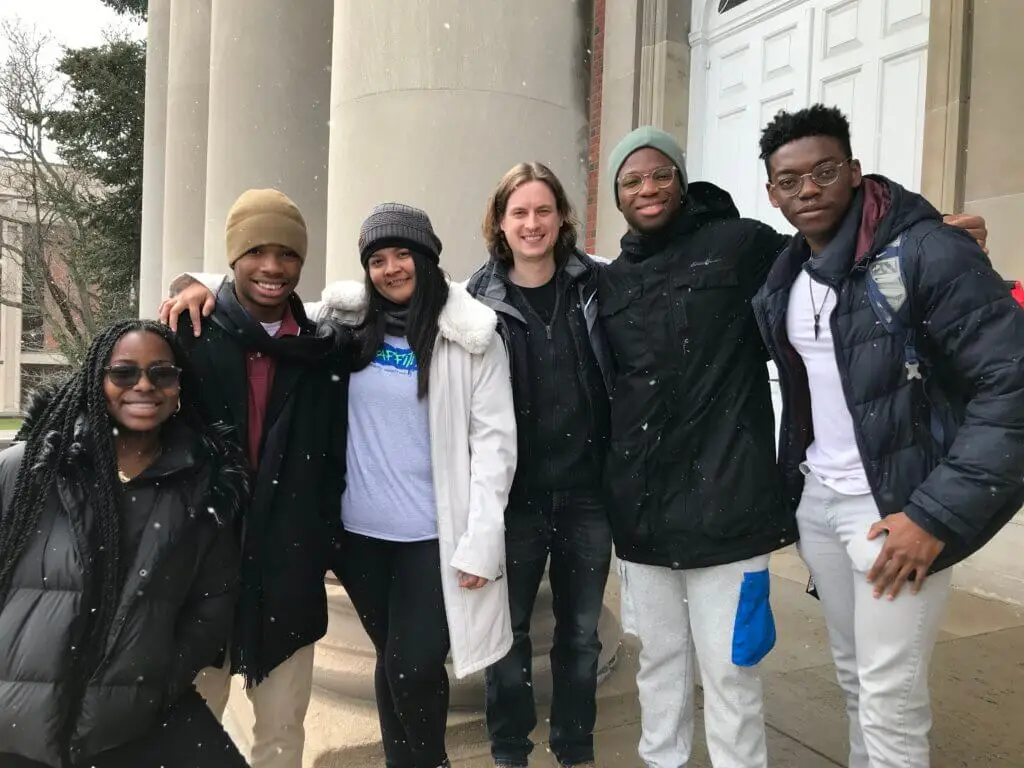
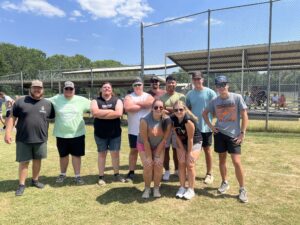
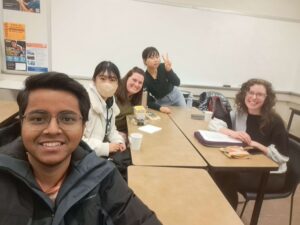
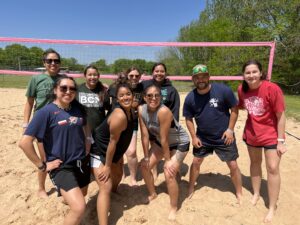
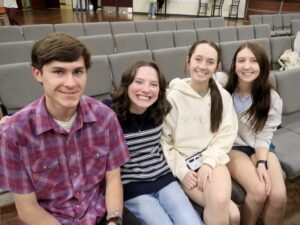

 by
by